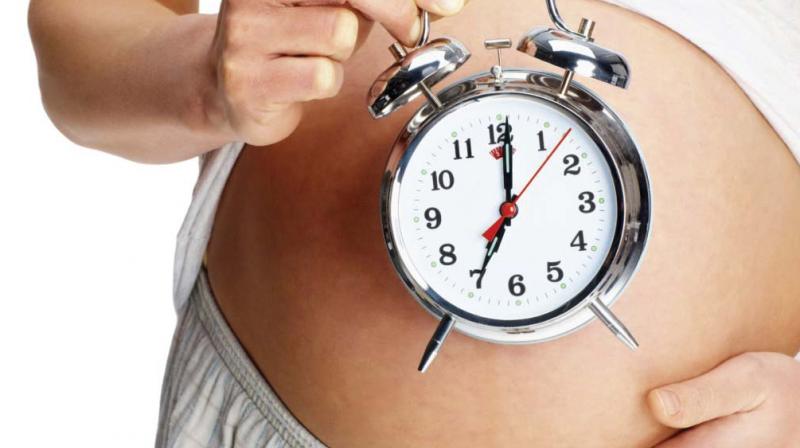Women below 35 have low ovarian count
We cannot blame lifestyle alone because several are rural women, says Dr Aviva Pinto Rodrigues, fertility consultant at Nova IVI Fertility.

Bengaluru: It's a worrying trend that appears to be growing. A city fertility centre reports that around 12 to15 per cent of women walking into it have poor ovarian count, making it difficult for them to conceive. Shockingly, a large number are below 35.
"Actually around five to eight per cent walking in don't have any eggs left in their ovary. We cannot blame lifestyle alone because several are rural women,” says Dr Aviva Pinto Rodrigues, fertility consultant at Nova IVI Fertility.
A similar trend has been observed by Dr Kathyaini VS, a fertility expert at Apollo Cradle, Brookfields “There is an increase in POS and decrease in the ovarian reserve among women who are between 28 to 32 years of age, which is pretty young. Often when we tell them about POS they are not willing to accept it as they are so young,” she says.
Premature ovarian insufficiency, also known as a premature ovarian failure, is a condition in which there is a physiological decrease in the number of eggs, which could impact the chances of pregnancy.
"Premature ovarian insufficiency is becoming increasingly common among young women these days. This condition needs to be properly evaluated as it could be very depressing and discouraging for those who dream of becoming a mother during their reproductive age. Some of the known causes are previous surgery on the ovaries for benign cysts, endometriosis, drilling for polycystic ovaries, and so on. These pelvic surgical procedures should be done very judiciously," cautions Dr Aviva.
The doctors’ concerns are confirmed by a recent study conducted by The Institute for Social and Economic Change (ISEC), which found that nearly one to two per cent of Indian women experience signs of menopause between 29 and 34 years of age. And the figure goes up to eight per cent in women between 35 and 39 years of age.
"The key point to note is that if you are having irregular periods after years of a regular cycle or if you have PCOS, which is known for prolonged cycles, but the time gap is constantly decreasing, it should alarm you enough to meet a gynaecologist and get an anti-mullerian hormone fertility test or antral follicle count done on the second or third day of period," advises Dr Kathyaini, adding that women who have been married three years should be cautious anyway and meet a gynaecologist.

